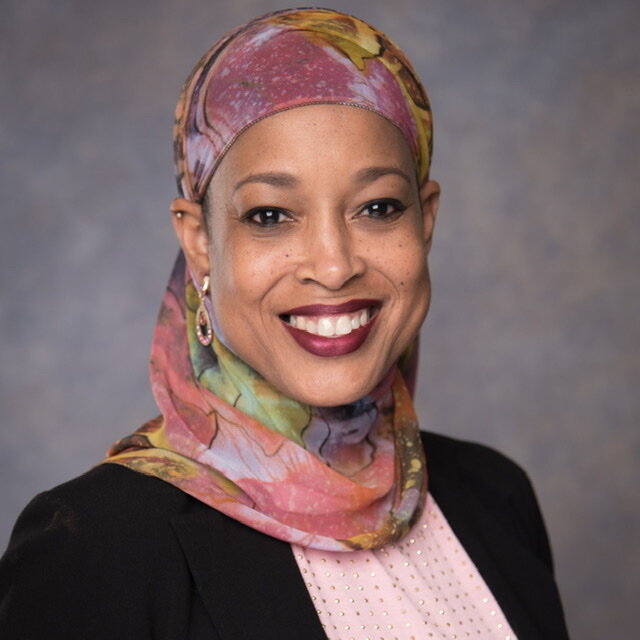For your professional ethics edification in March

Once a month the ACPE Professional Ethics Commission (PEC) posts a couple of statements from our Code of Professional Ethics for ACPE Members. Each posting is accompanied by a brief personal reflection from a member of the PEC discussing some ways this person lives these commitments.*
- Code of Professional Ethics for Members of ACPE
In relationship to those served, ACPE members:
e. Respect confidentiality to the extent permitted by law, regulations or other applicable rules.
f. Follow nationally established guidelines in the design of research involving human subjects and gain approval from a recognized institutional review board before conducting such research.
Tahara Akmal, ACPE Certified Educator from MedStar Washington Hospital Center, Washington, DC, comments:
Working within a hospital setting as a Chaplain and Clinical Pastoral Education (CPE) educator, I have to be diligent about issues related to "confidentiality" and "privacy" with the vulnerable populations I serve. My ethical obligation is to protect patients' private healthcare information, CPE students' confidential group work and private education records, and the stories entrusted to me in the confidential spiritual care and teacher-student relationships.[1]
Vulnerable persons include participants in research projects I may consider conducting with human subjects. The research proposal process outlined by my institution's Internal Review Board (IRB) ensures that I address any ethical issues that could come up while conducting a research study. Additionally, safeguards need to be in place within the project to protect the participants from unethical treatment or harm.
Being mindful of how we can inadvertently cause harm to others while working as a chaplain, educator, or researcher is something CPE and CEC training has taught me to stay conscious of in ministry, and life in general. As a member of ACPE, it is my responsibility to follow ethical guidelines and practices to support the safety and well-being of the vulnerable populations I serve. "Trust is built when someone is vulnerable and not taken advantage of."
~ Bob Vanourek, author of Triple Crown Leadership
[1] The exception to keeping confidence is when there is serious concern about the patient or student harming themselves or others.
*Every situation is unique, and any member should not act based solely on the comments in the article but to base action on an independent review of the ethical standards applicable to his/her situation.
